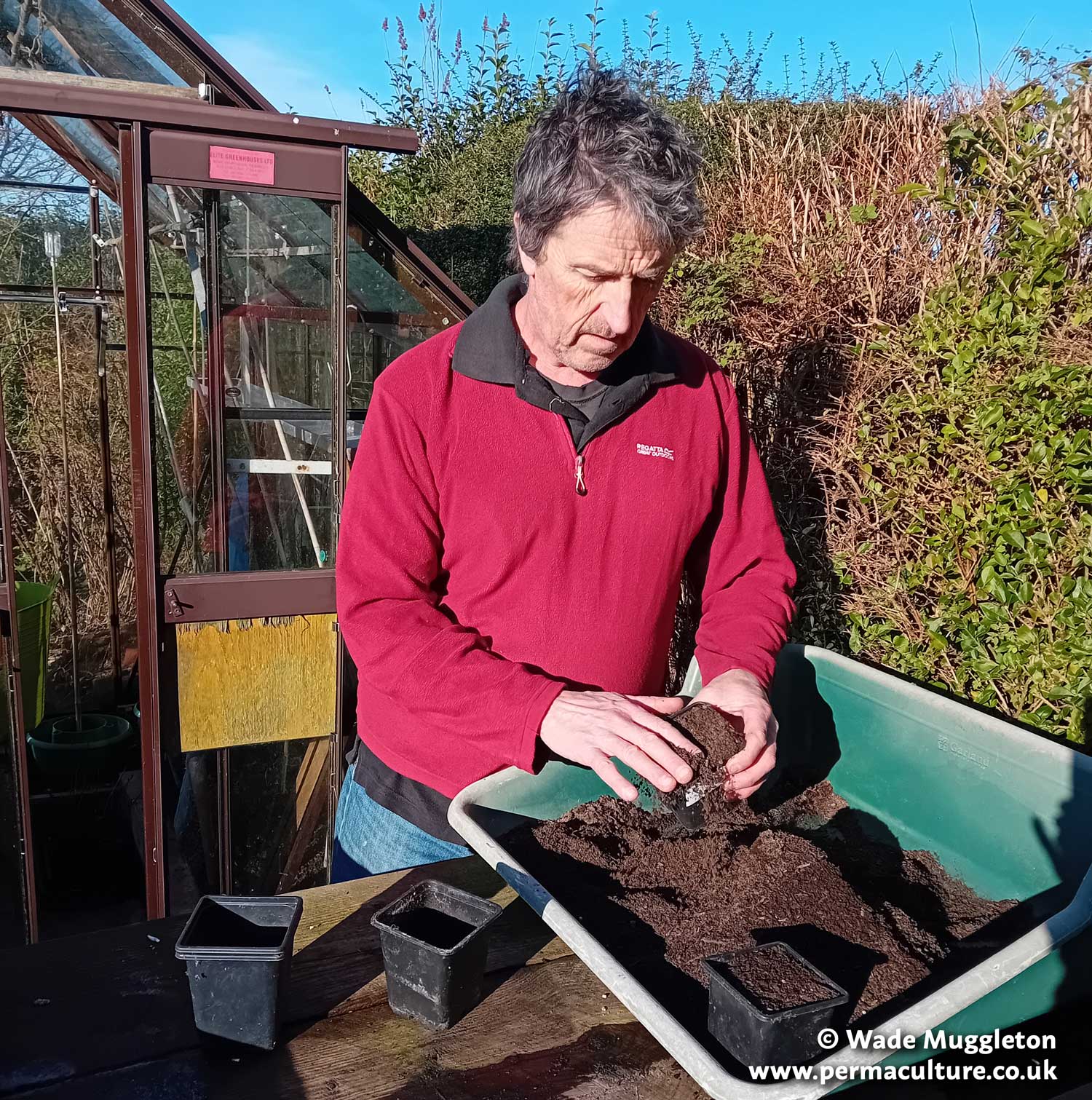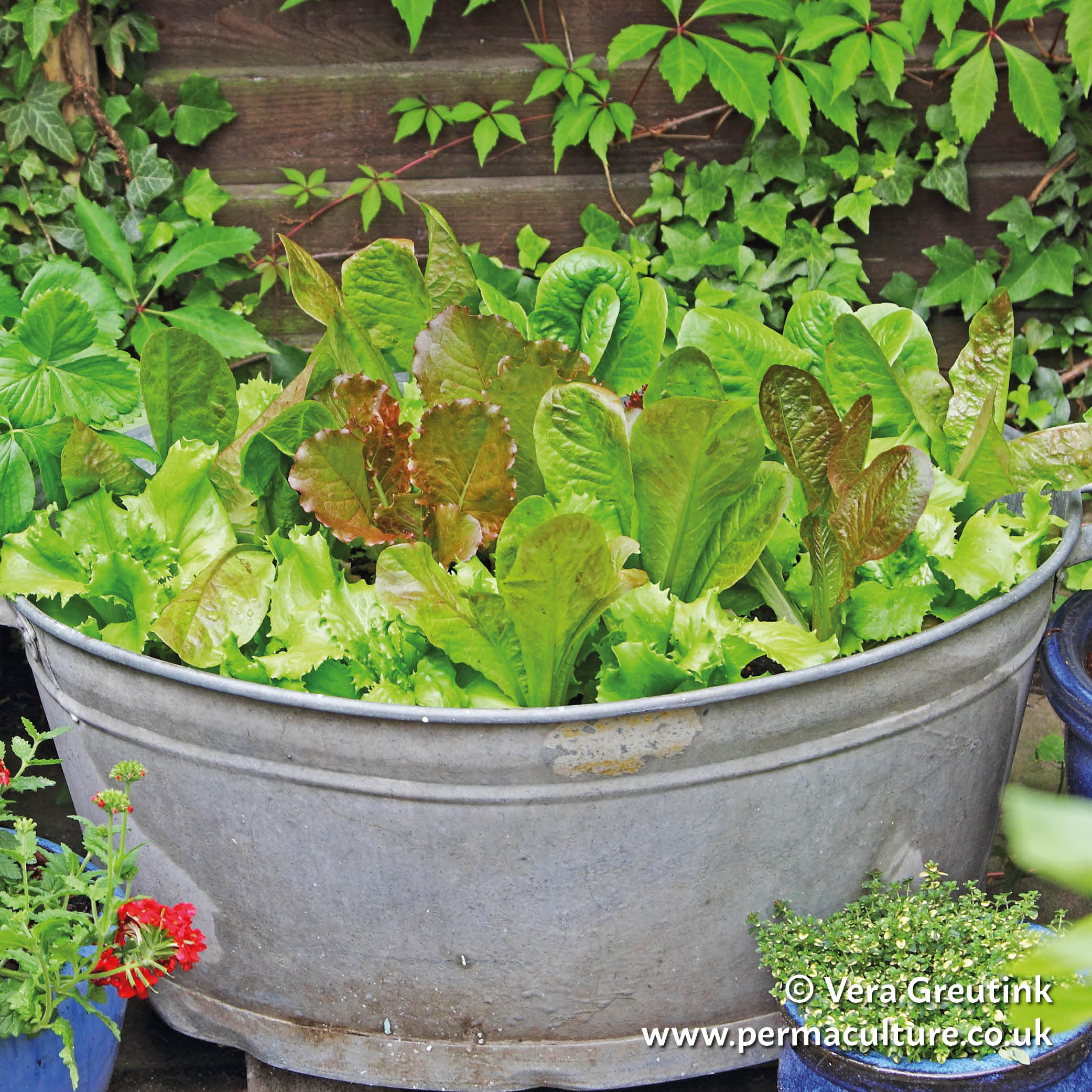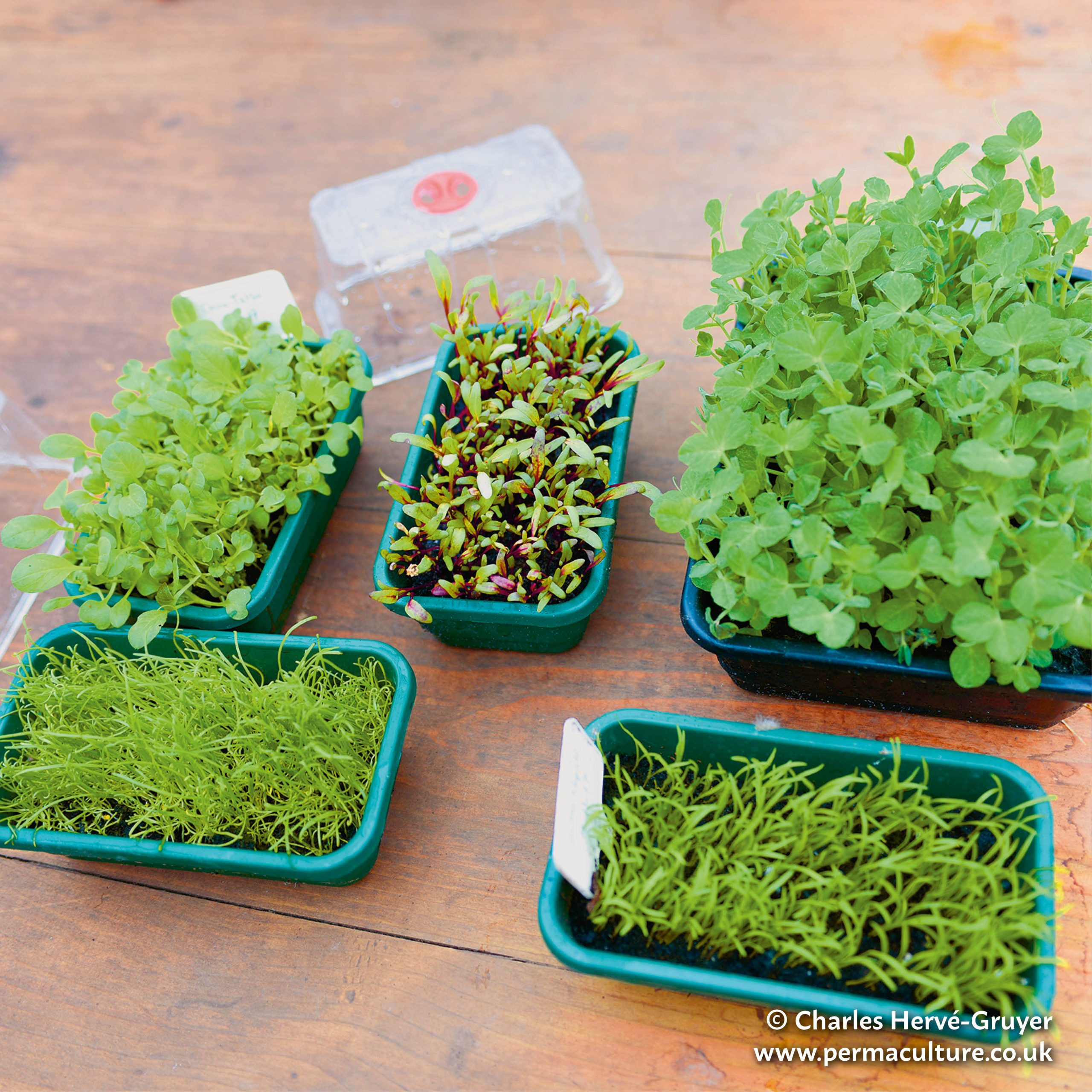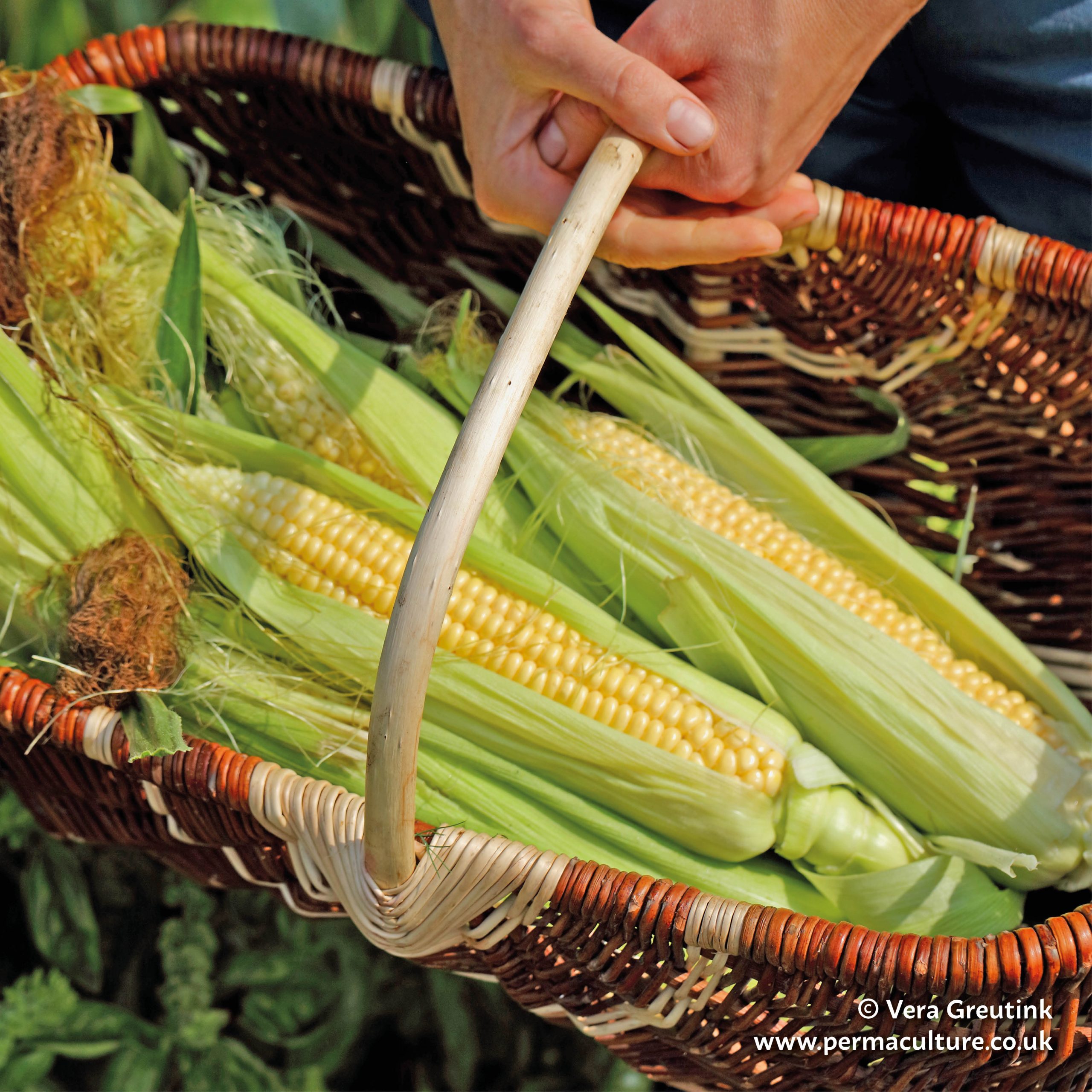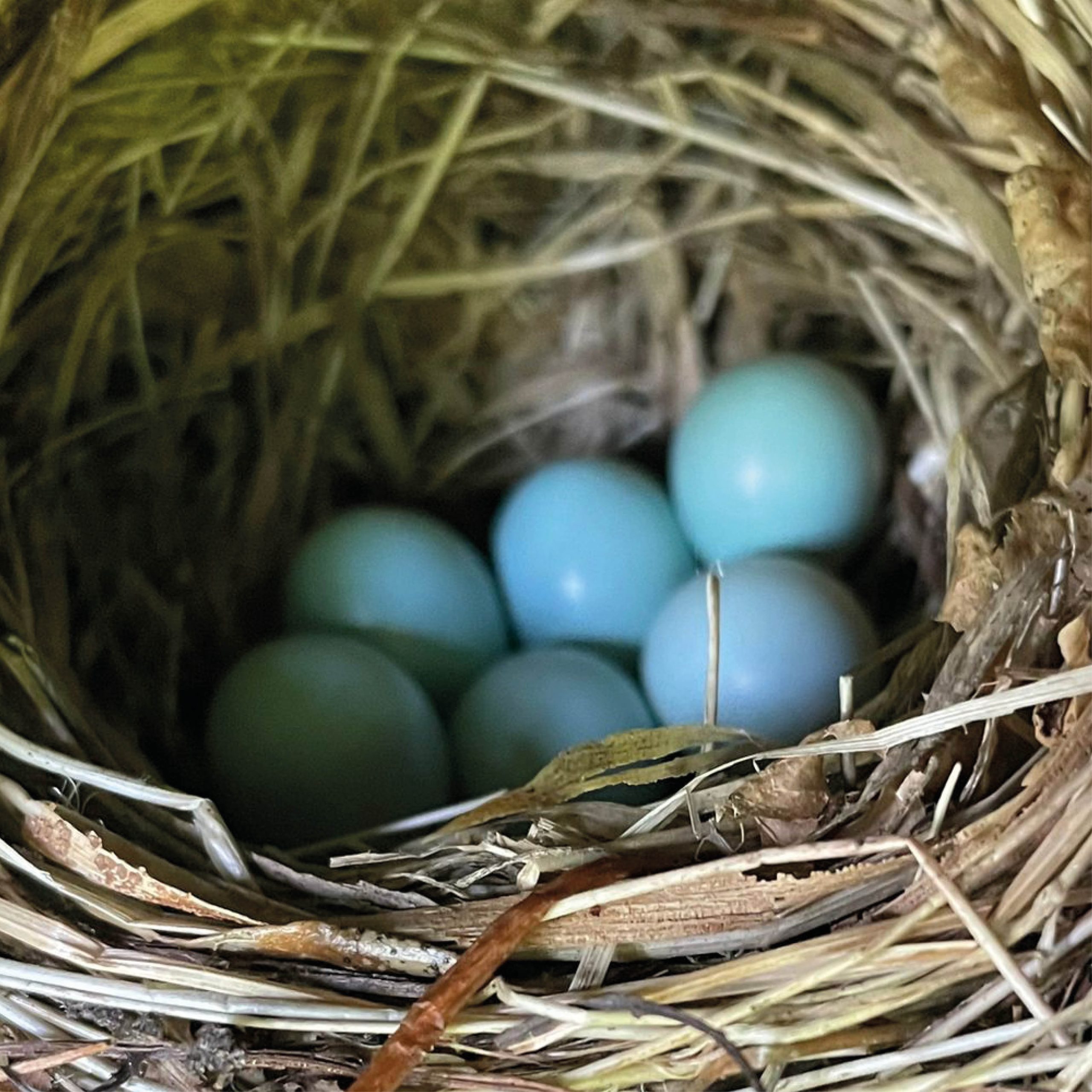‘Peoplecare’, the second core permaculture ethic which asks us to care for people and design to meet human needs in our systems, is often casually introduced in guides and books about permaculture. Yet how many of us have really explored this ethic and applied it to our lives?
Looby Macnamara’s new book creatively explores this journey into what peoplecare can mean for ourselves and our communities. An experienced designer and teacher, Looby has crafted a book that brings to life the permaculture principles, design tools and wider approaches to aid the development of people based designs.
Part one introduces the patterns and principles of nature and how to start thinking like an ecosystem. It introduces common design tools such as zoning and spiral analysis, as well as Looby’s own design tool, the design web, which is a holistic, non-linear approach to the design process.
Part two asks the reader to explore their internal landscape, or ‘Zone 00’. Readers are encouraged to explore their needs, beliefs and patterns as well as their health and well-being. Looby wishes people to not only survive but to thrive, and with this there are chapters about how we can be at our best, by better designing to be more effective, focused and empowered.
The remaining parts of the book move from the personal to the intrapersonal, exploring effective and compassionate communication, designing for nurturing relationships and working more effectively in groups. She then continues to explore our roles in society, looking at cultural and social systems and how we can design for abundance and beneficial relationships at all levels.
Interwoven between the sections are case studies from the 50 plus people she interviewed about peoplecare for the book, as well as design activities designed to deepen the learning for the reader. As a diploma student, this book has expanded the edges of my learning, inspired deep reflection and become invaluable.
Thinking about one’s self can sometimes feel self-indulgent in this culture when day to day living draws our energy and distracts our focus. My efforts to design my life to be more balanced, nourishing and joyful, so that I can sustain my working patterns for the long term, have now been recognised. As Looby emphasises, spending time designing, blocking energy leaks and creating efficient systems can make best use of our energy in the long run.
This is an ambitious book, but Looby’s humble, compassionate nature, which also comes across in her teaching, weaves its way into her words like a supportive mentor or encouraging friend. This book succeeds in offering tools to improve our lives and enables us to use permaculture design principles and apply them to the complexity of human relationships. Beautifully, this feels like just the beginning of a new pathway for applying permaculture design.

